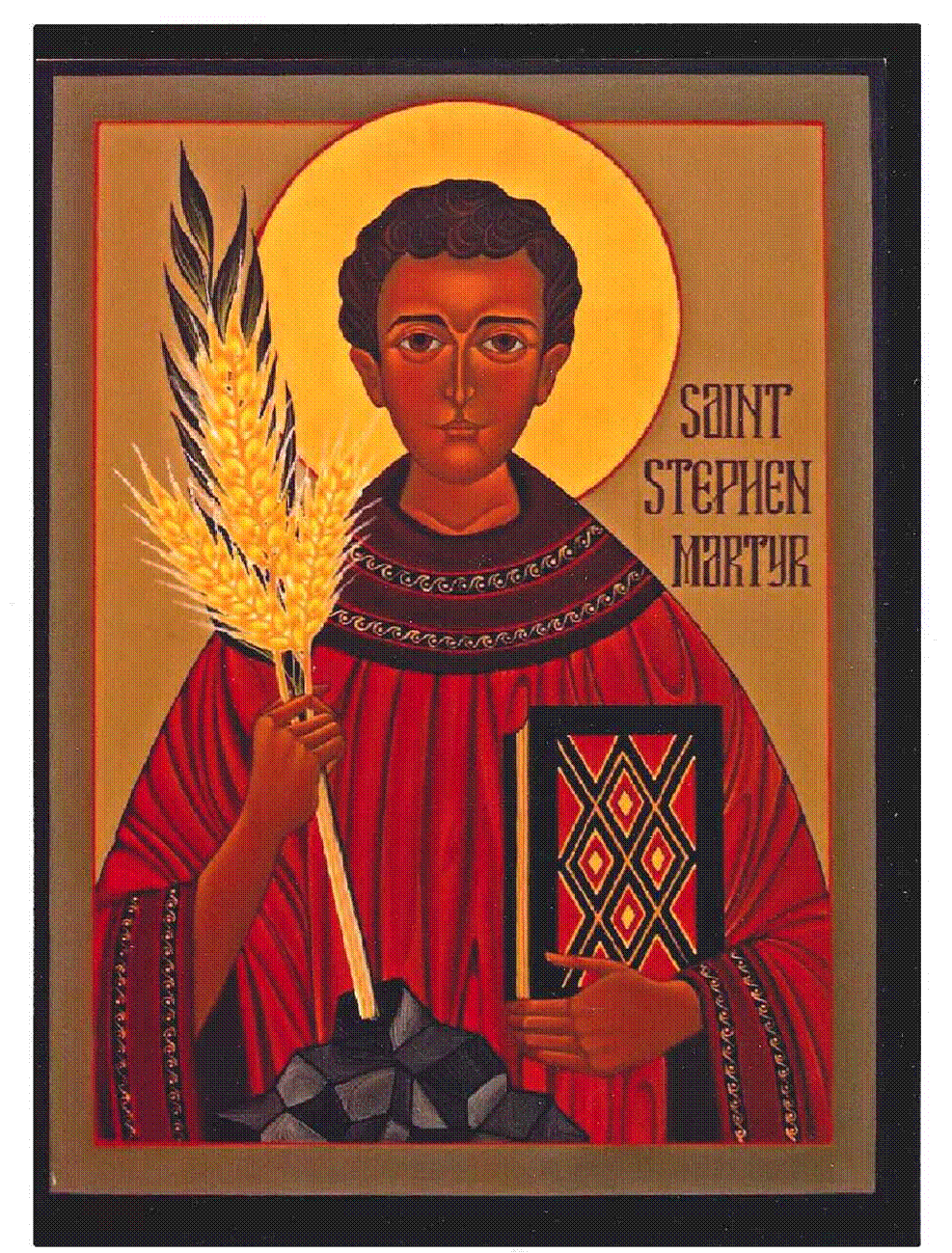Epiphany Mysteries and Miracles
- Allen Heggen
- Jan 26, 2022
- 3 min read

I love Epiphany and the Epiphany Season. I know: “Epiphany” maybe sounds more like an exotic spice from the Orient, but then, to hear “We, three kings of Orient are,” doesn’t quite get at it either, to be honest. Early commentators on Matthew’s gospel call them “almost kings,” but we don’t know that they were kings. Matthew’s gospel calls the strange visitors “Magi” or “sages.” And we don’t know even if there were three of them. The counting of them as three comes to us only from the “three gifts of Gold, Frankincense and Myrrh,” really the most useless gifts ever brought to a new-born child, which makes the gifts the object of speculation (“myrrh is mine, its bitter perfume / breathes a life of gathering gloom,” because it was a spice used to anoint a dead body for burial, and seen as a hint of the child’s death years later), and of the three wise men, the butt of any number of sometimes less than humorous jokes … (groan).
Stephen Mitchell, in his recent book, The First Christmas, engages in some fantasy about two men who have travelled from Judea to India where they learned wisdom from spiritual masters, and then, having received a sign that came from somewhere, brought their learning back with them to kneel humbly before the child who would bring so much hope – and grief! – to so many. Mitchell only adds to the mystery of the season. There’s so little we know for certain. Mitchell’s story just might be ... well?
Generally, we have thought of “Epiphany” as the first time that we see wise people from the non-Jewish world coming to pay homage to the baby in Bethlehem. I googled “Epiphany” to get a little more illumination as to the meaning of the word. Sure enough, it means “Revelation” – sort of, but it’s a bit more nuanced. It has a suddenness, an “aha!” quality to it, and as we follow the gospel texts appointed for the season, we see Jesus baptized by John the Baptist, then performing his first miracle of changing water to the wine (and as Diana Butler Bass, I think, points out, he does it in the kitchen so that not even the wedding banquet MC knows the source of the finest wine he’s ever tasted, to keep the near-failure-of-a-party rolling, and to save the faces of the bridal couple!), coming home to Nazareth and saying “Isaiah’s promise has come true in your presence,” the fisherman, Simon Peter, falling down before him following a miraculous (and huge!) catch of fish – in each of these, Jesus subtly, secretly, shows more and more who he is, and what he’s about. And every instance includes an illuminating surprise …
There’s so much bad news these days: political division, corona-virus, climate change and degradation … does the story of Jesus being responsible for the huge catch of fish that brought Peter to his knees make a difference, really? And yet, the poet Walt Whitman, when our nation was at least as fragmented as it seems to be in our time, said, “Why, who makes much of a miracle? As for me, I know nothing but miracles!”
I wonder if this might be a meaning of the whole season of Epiphany for us in 2022. As Jesus opened the eyes of the servants at the wedding party to the delight of the many guests, as Jesus enabled the catch of fish that stunned Peter and must have delighted the hungry people to whom they left that enormous pile of food on the shore, so Jesus might in this season be helping us to open our eyes to the miracles around us. When was the last time you saw a child take delight in a snowball (poignant comment in snow-dry Colorado!)? When was the last time you heard someone say “Thank You” in the Food Pantry? – because one never knows but that we might be a small part of someone else’s experience of a miracle. Miracles abound, and the presence of Christ is the miracle of what, in the most subtle of ways, is there to be seen, and received gratefully.
The Rev. Allen Heggen















